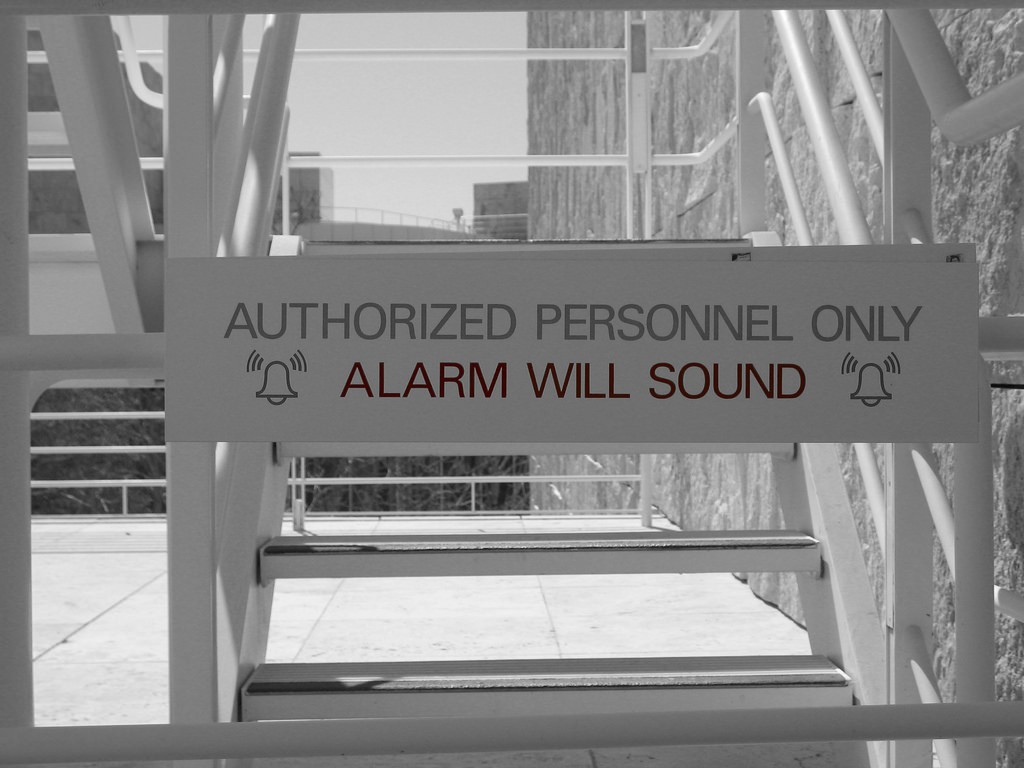 Neil Gaimon not really a storyteller? John Steinbeck not a writer? Tina Fey and Maya Angelou – totally faking it?
Neil Gaimon not really a storyteller? John Steinbeck not a writer? Tina Fey and Maya Angelou – totally faking it?
Absurd as it sounds to you and me, everyone on that list has confessed to feeling like an imposter or fraud. (Steinbeck wrote the words “I am not a writer” in his journals.)
How could they possibly be tormented by those thoughts?
If you’re like me, you are grateful that each of those individuals put aside those feelings of being a fraud and continued to do their work. But when you hear those same thoughts in your own head, what do you do? Do you slow down or stop?
Because you, like these famous writers, may be experiencing the Imposter Phenomenon.
Welcome to the Club
In the 1970s, Pauline Rose Clance and Suzanne Imes published a paper about the Imposter Phenomenon. They described high-achieving women who were unable to internalize their achievements and felt like frauds, despite evidence to the contrary.
Amy Cuddy’s wonderful book Presence recounts the story of what happened as the researchers shared their findings. People started coming out of the woodwork. Men and women in all walks of life shared stories of feeling like imposters in areas in which they clearly were accomplished.
Often called Imposter Syndrome, this isn’t so much a disorder as a pervasive part of the human experience in modern society. Cuddy reports that Clance now wishes she had originally called it the imposter experience to reflect this fact. Cuddy herself refers to imposterism.
The Imposter Phenomenon feels legitimate and real inside our own heads, and can prevent us from doing the work that we are meant to do.
Working through Imposterism
The insidious Imposter Phenomenon can prevent us from writing, thus becoming a self-fulfilling prophecy. (When we stop writing, perhaps we do cease being writers.)
How can you get around it?
Sometimes it’s enough to simply recognize when it happens. Draw strength from the fact that you’re in good company, and keep going.
If that’s not enough, reset your focus from yourself to the work.
The Two-Question Qualification Test
For nonfiction authors worried about whether they are “expert enough,” I offer a simple test to determine if you are qualified to write.
- About the subject: Is this subject something that you care deeply about and want to share your thoughts with others?
- About the work: Can you undertake the writing process with a learning mindset, recognizing that even if you don’t know everything you need to at the outset, you will continue to learn and discover as you write?
If you can answer yes to both questions, then you are most certainly qualified to write about this subject.
Go ahead – you’re not a fraud.
Image (cc) by Rennet Stowe on Flicker:
Watch the related video: